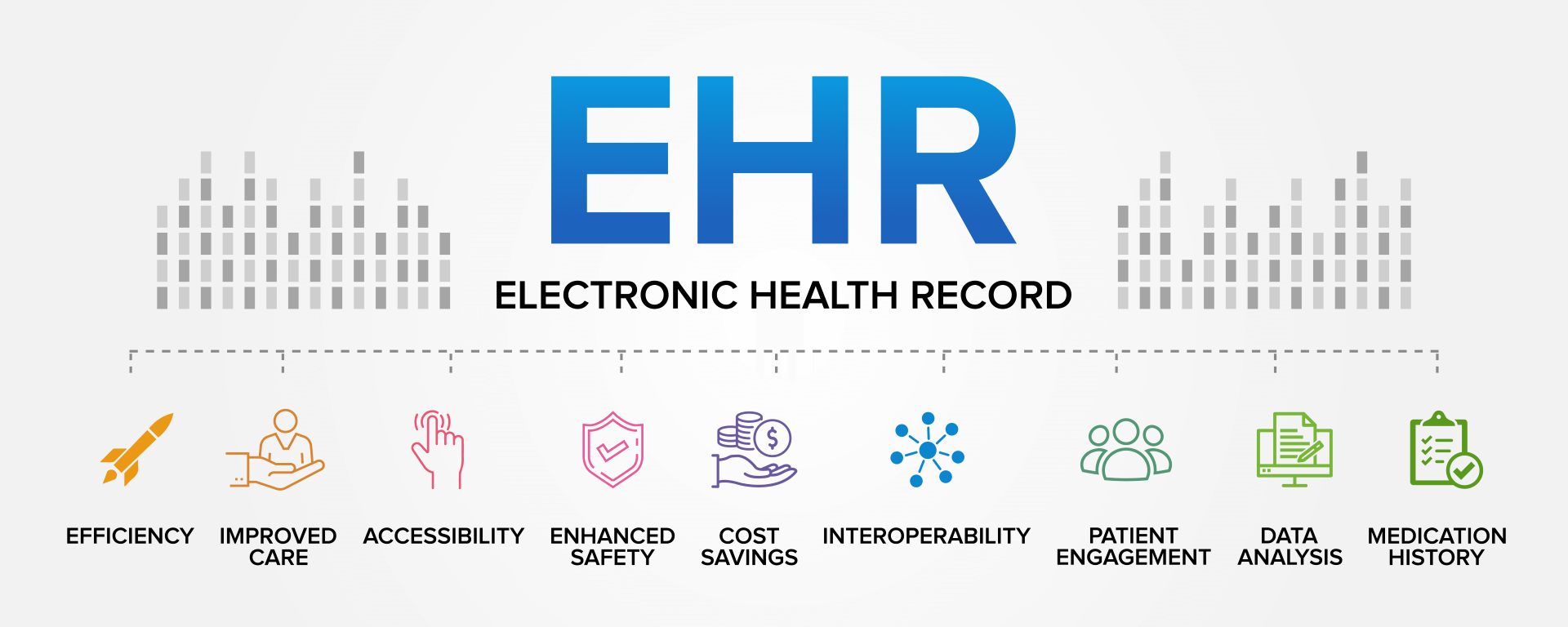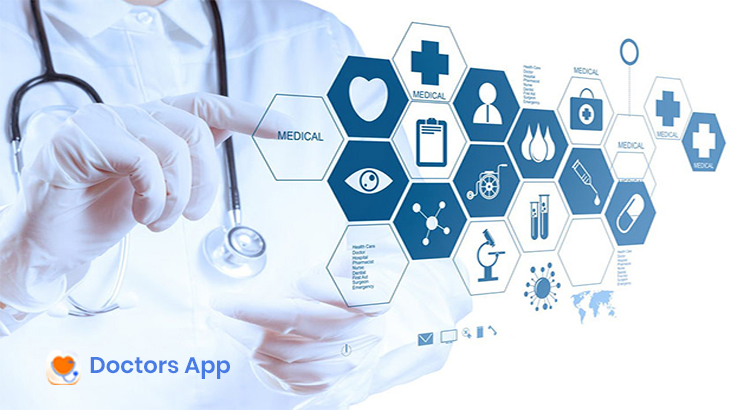
Oct 27, 2024


Discover the top-rated practice management software for dermatologists and skin specialists in India. Compare features, pricing, and benefits of leading tools like Doctors App in 2025.
Read more
Discover how stylus pen technology is transforming inpatient care by enabling faster, more accurate, and paperless IPD documentation in hospitals.
Read more
Cloud-Based, Paperless EMR Designed for Pulmonology Clinics, Telemedicine & Patient Management
Read more